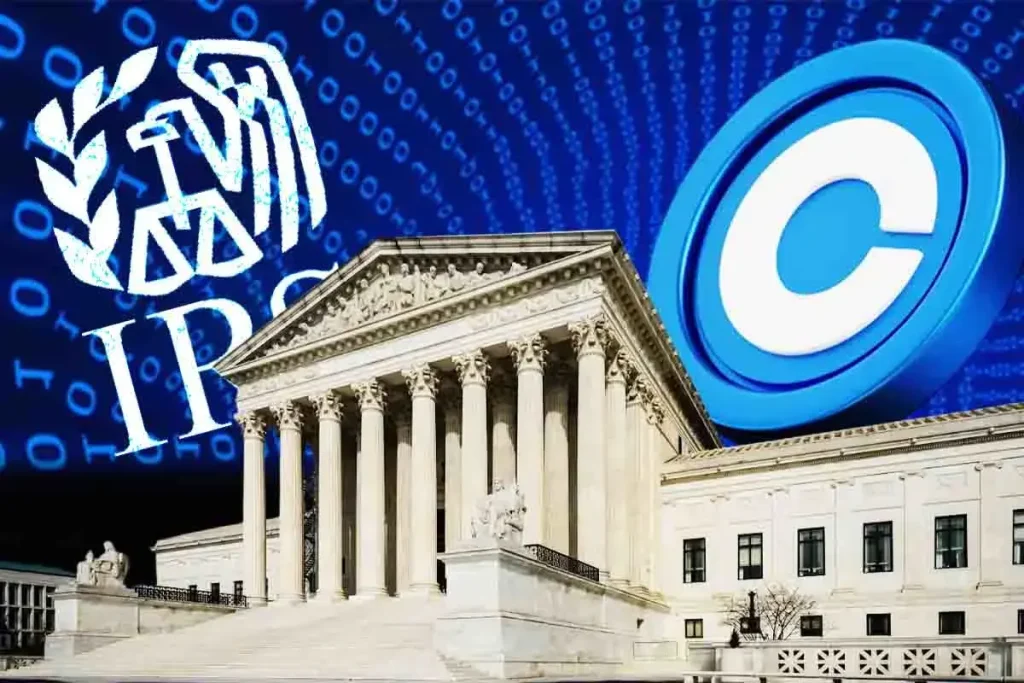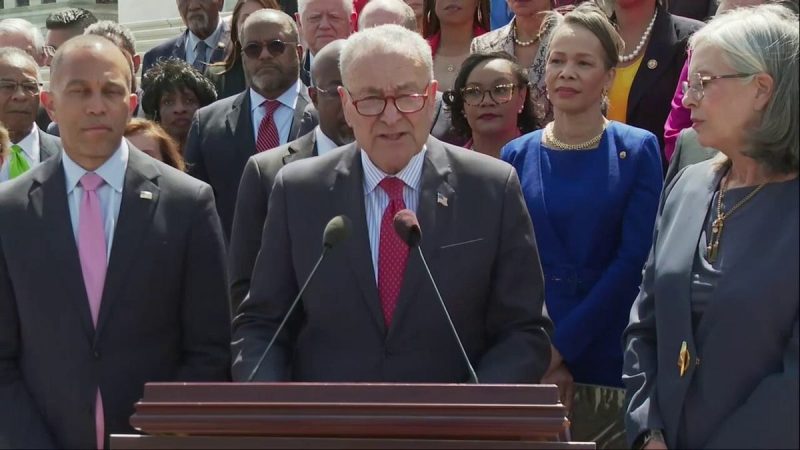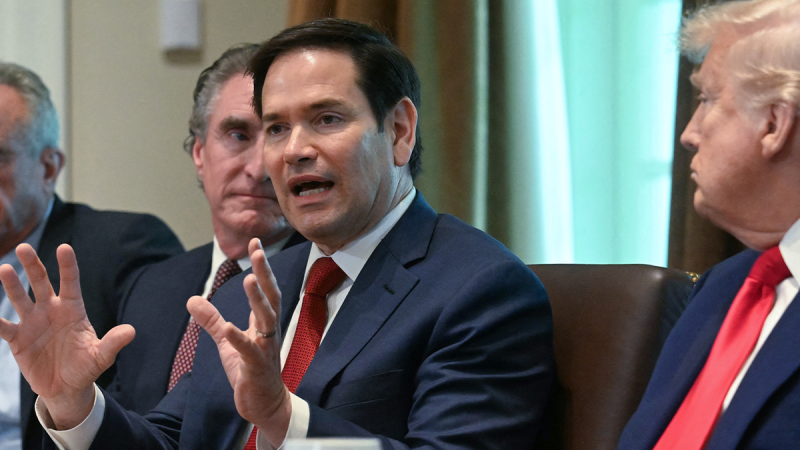Coinbase Files Amicus Brief Urging Supreme Court to End IRS Crypto Surveillance


Cryptocurrency exchange Coinbase has filed an amicus brief with the United States Supreme Court. The brief is based on a case challenging the Internal Revenue Service’s authority to collect customer data from cryptocurrency platforms without a warrant. Coinbase Chief Legal Officer Paul Grewal announced the filing on X. He also urged the court to “right the wrong” of the third-party doctrine.
Coinbase pushed back IRS’s request of 500k user data
In its amicus brief filed Wednesday, Coinbase argues that the IRS action “invaded a sphere in which over 14,000 Americans had a reasonable expectation of privacy against a warrantless IRS trawl for extensive personal and financial information.” In addition, the top cryptocurrency exchange notes that the government’s position could effectively eliminate privacy protections for blockchain users.
The Supreme Court case stems from a confrontation that began in 2017 when the IRS issued what’s known as a “John Doe summons” to Coinbase. They sought financial data for more than 500,000 customers. Additionally, the Trump administration made this request as part of the tax agency’s efforts to ensure cryptocurrency users were properly reporting and paying taxes on their transactions.
Coinbase also actively contested the IRS’s request, which Grewal described as a “fishing expedition.” Through court battles, the exchange managed to substantially narrow the scope of the data it was ultimately compelled to provide to the IRS.
The third-party doctrine says that any time you voluntarily share info with a third party you have no reasonable expectation of privacy whatsoever. Today @coinbase filed an amicus brief with the US Supreme Court to right this wrong. 1/3
— paulgrewal.eth (@iampaulgrewal) April 30, 2025
James Harper, a Bitcoin researcher, lawyer, and fellow at the American Enterprise Institute, started the current Supreme Court case. In 2020, Harper filed a lawsuit against the IRS and challenged the agency’s authority to demand his financial records without a warrant. His case has now made its way to the nation’s highest court.
The exchange challenges the third-party doctrine’s application to crypto
The key point of Coinbase’s legal argument is a fundamental challenge to the “third-party doctrine,” a legal principle that the Department of Justice has cited in defending the IRS actions. Under this doctrine, “a person lacks a reasonable expectation of privacy in information voluntarily provided to a third party, including bank records pertaining to him,” according to the DOJ’s position.
Coinbase’s Grewal explained the exchange’s opposition to this principle in a tweet thread announcing the brief filing. The third-party doctrine says that if you knowingly provide information to a third party, you can’t reasonably expect privacy. Grewal responds that this is too general an opinion and does not acknowledge the new digital age.
The exchange’s letter calls on the Supreme Court to act to make clear that the third-party doctrine does not permit the IRS to perform dragnet searches. Importantly, Coinbase makes clear that its stance goes far beyond cryptocurrency. In addition, as it asserts its dedication to tax compliance, Coinbase demands government requests that are “narrow and tailored” and are not blanket exercises in data collection.
The move by Coinbase comes amidst other notable activities in the crypto space. A US court recently vacated its decision against Tornado Cash. Grewal also congratulated Tornado Cash’s achievement and appreciated the court’s consideration after this win.
The post Coinbase Files Amicus Brief Urging Supreme Court to End IRS Crypto Surveillance appeared first on CoinGape.







